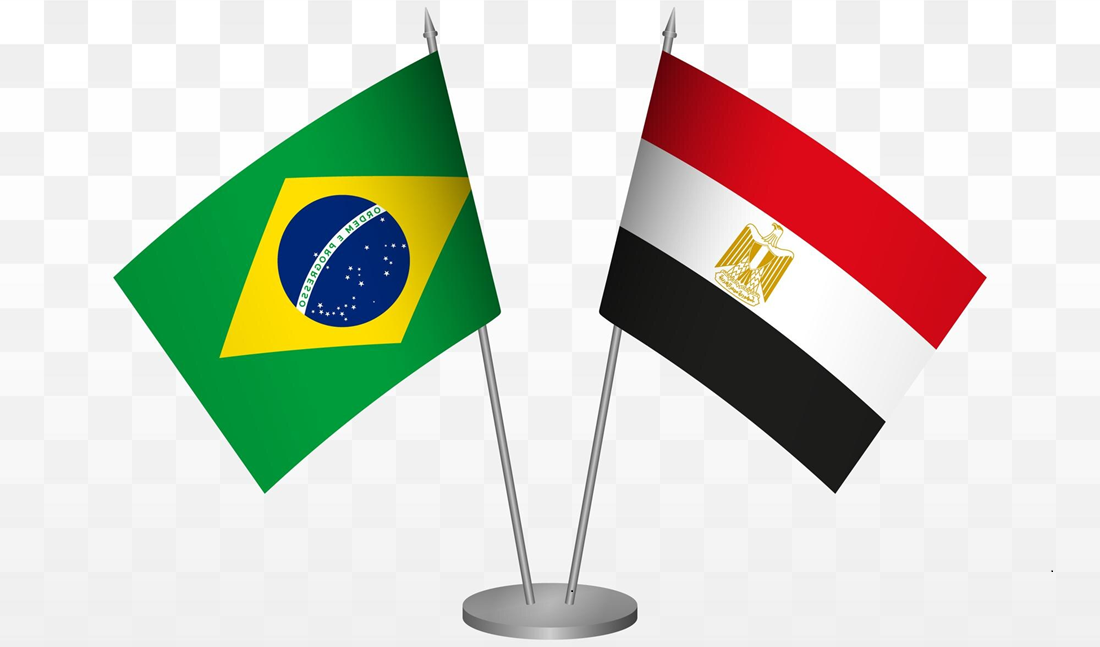
Egypt’s exports to Brazil triple after agreement
Oct, 01, 2024 Posted by Gabriel MalheirosWeek 202439
Egyptian exports to the Brazilian market have more than tripled since the free trade agreement between Egypt and Mercosur came into effect at the end of 2017. They were at USD 155.4 million that year and rose to USD 488.9 million last year, according to a presentation made by the regional director and head of the Arab-Brazilian Chamber of Commerce (ABCC) Office in Egypt, Micheal Gamal Kaddes.
Gamal spoke at the Forum on Development and Access of Egyptian Exports to Global Markets, held by the Cairo Chamber of Commerce in cooperation with the Arab Union of Customs Brokers and the ABCC in Cairo last week. According to Gamal, Egyptian exports to Brazil have diversified, moving away from just fertilizers to include agricultural and manufactured products, and Brazilian exports to Egypt have also progressed in the same direction.
The ABCC’s regional director highlighted that some Egyptian companies have already been able to take advantage of the competitive benefits opened up by the agreement, such as the sale of frozen strawberries and oranges. According to him, Brazil consumes Egyptian cotton, and there is a growing demand in the Brazilian market for olives, olive oils, and dates, which Egypt produces.
The chart below shows how Brazilian containerized imports from Egypt in the first eight months of 2024 were much higher than in previous years. The data was extracted from Datamar’s DataLiner maritime intelligence service.
Imports from Egypt | Jan-Aug 2022 vs Jan-Aug 2024 | TEUs
Source: DataLiner (click here to request a demo)
Brazil is the future of Egypt’s exports
Gamal sees the Brazilian market as the future of Egyptian exports, given that Brazil is the eighth-largest economy in the world and the third most agricultural country globally, with a population of over 200 million people and a vast territorial area of more than 8 million square kilometers. Providing an overview of the ABCC’s work, he listed language barriers and distances between different regions as challenges for selling to Brazil but emphasized that Brazilian importers are friendly and welcome the opening of trade relations with various countries around the world.
Source: Anba
-
Meat
Jan, 20, 2025
0
Rondônia Achieves Historic Record in Beef Exports
-
Ports and Terminals
Sep, 28, 2021
0
Fortaleza: 12 missing containers stump authorities at Porto do Mucuripe
-
Ports and Terminals
Oct, 27, 2020
0
Draft increase at Rio Grande port now it to receive larger vessels
-
Grains
Jun, 01, 2023
0
Soybean exporters sell record-high US$1 billion in one day

